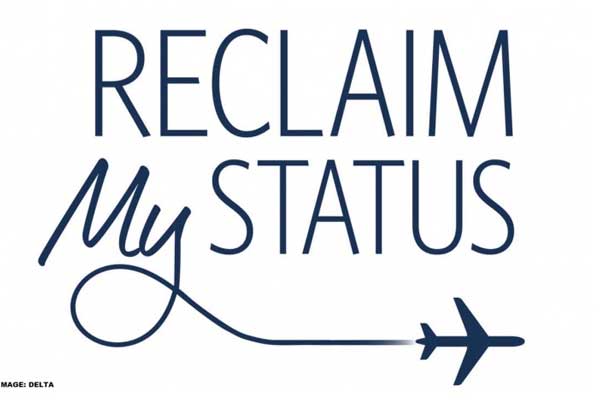On last week’s show I yakked about Delta Airlines’ new campaign that invites Medallion members to reclaim their status “when life puts your travel on hold.” The campaign focuses on encouraging travel from previous frequent fliers because Delta knows they are twice as profitable as low fare travelers.
What can we radio folk learn from Delta’s campaign?
Heavy listeners deliver on average 4x the occasions and TSL as light listeners. Not all listeners (or airline passengers) are created equal, at least in Nielsen-think.
In a PPM world, losing even one high AQH panelist can mean losing thousands of cume and hundreds of average quarter horses. Losing even a handful of meters can drop your ratings like a rock. That can happen when your station doesn’t remain top of mind in a world of choice. Consider how easy it is to skip your favorite restaurant or miss your favorite TV show simply because life gets busy.

My guess is that you have a database of listeners’ names, e-mails, and shoe sizes, some of whom may be former heavy listeners whose lives have gotten busy. Taking a cue from Delta consider inviting them to reclaim their status as a fan.
“…merely capturing audience data is easy. It’s about building relationships and using data analytics to identify those who matter most today, so you can increase their occasions, while deploying a strategy to cultivate more heavy listeners including the ones you’ll need tomorrow to continue driving ratings and revenue.”
Andrew Curran, DMR
Don’t look past the obvious. A significant portion of your fans attend church regularly. Not having a robust strategy to engage churchgoers is like a sports station not engaging fans at the ballpark.
If you need a jump start, here’s Bonus Idea #37:
Sunday Selfie. Invite listeners to take a selfie of their family while at church, post on social media, and tune back in to the morning show on Monday to win a million dollars. Or a hard boiled egg.
This idea also taps into what Seth Godin calls “People like us do things like this… Normalization creates culture, and culture drives our choices, which leads to more normalization.”
(See Frost Advisory #440—People Like Me and the Standing Ovation)
